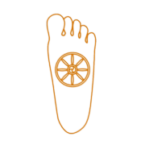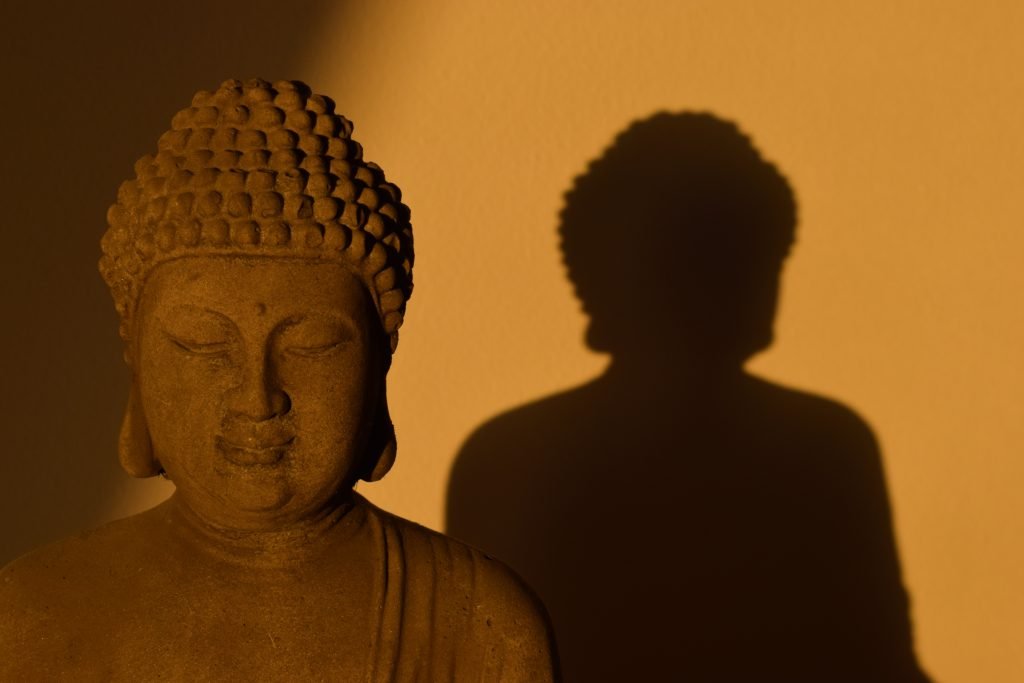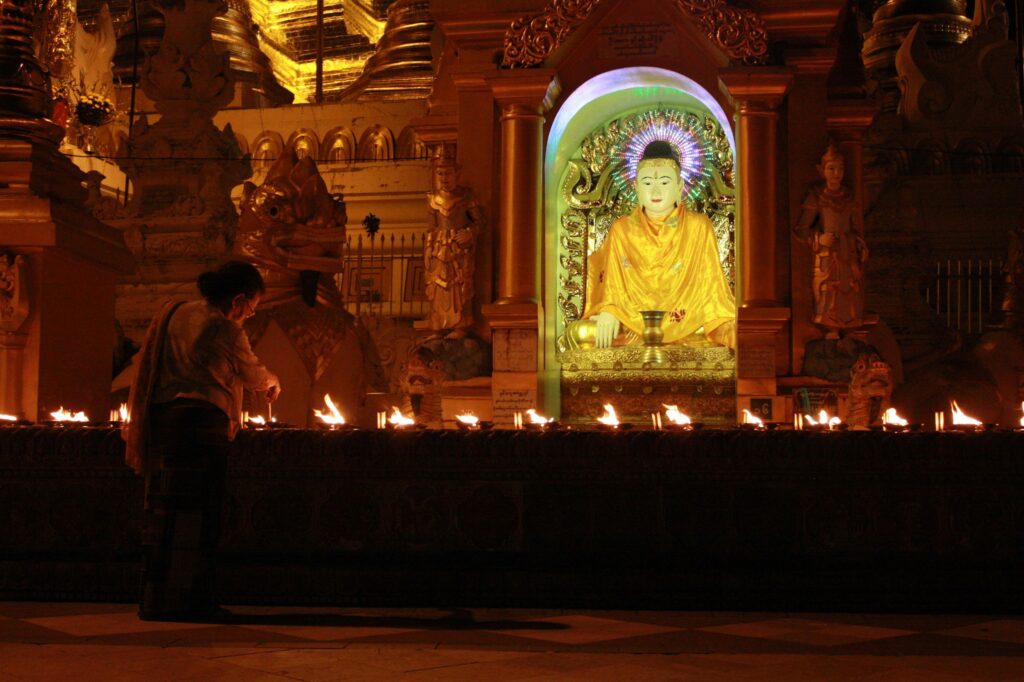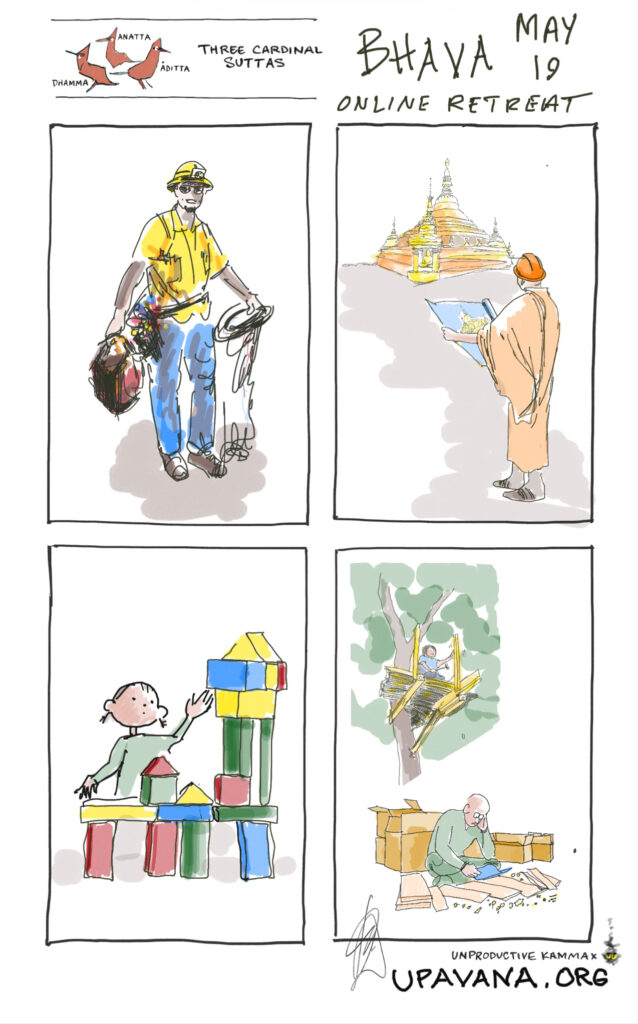A Note About the Transcriptions at Upavana.org
These transcriptions are offered in the spirit of the Dhamma to be freely accessed by all. It is a volunteer effort initiated and supported by participants at Upavana.org They are meant as an aid to better understand and contemplate the Dhamma talks and explanations offered by Tahn Pamutto, and to share these teachings and concepts […]
A Note About the Transcriptions at Upavana.org Read More »





